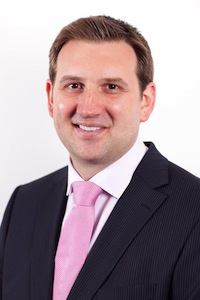CAD software maker Autodesk has put $100m on the table and challenged developers to create new cloud friendly design automation systems on its Forge development platform.
Autodesk, famous for its AutoCAD computer aided design (CAD) system, explains that it wants the cloud-based Forge system to catalyse a change in the way products are designed, made and used.
The initiative consists of three major components, a platform-as-a-service (PaaS) offering, a developer programme and a $100 million investment fund.
The Forge Platform is a set of cloud services that span early stage design, engineering, visualisation, collaboration, production and operations. It offers open application programming interfaces (APIs) and software development kits (SDKs) for developers wanting to build cloud powered apps and services.
The Forge Developer Program provides training, resources and support and will host an inaugural Forge Developer Conference in June 2016. In addition to financial support for companies that quality for the developer fund, Autodesk will give business and technical support.
The logic of the scheme is that industrial production methods used to design, make and use products is changing and new technologies disrupt every aspect of the product lifecycle. This can make production risky, since investments are poured into the creation of a new product line only for the market to be destroyed by some other invention before the manufacturer can launch their products.
Cloud computing, by creating a more flexible fluid economies of design and manufacture, could help make CAD systems adapt to the new market conditions, according to Amar Hanspal, senior VP of Products at Autodesk. "Autodesk is launching Forge to help developers build new businesses in the changing manufacturing landscape," said Hanspal.
"We are inviting innovators to take advantage of Autodesk's cloud platform to build services that turn today's disconnected technologies into highly connected, personalised experiences."

 The appointment of Gavin Lyons to the post of Executive Chairman at Pinnacle Technology Group underlines the firm's plans for securing acquisitions and keeping the overall strategy on track.
The appointment of Gavin Lyons to the post of Executive Chairman at Pinnacle Technology Group underlines the firm's plans for securing acquisitions and keeping the overall strategy on track.